The Funeral Planning Guide for Veterans
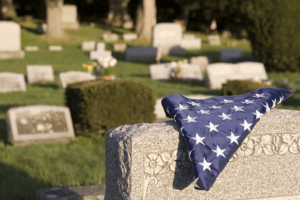
However, there can be confusion about the benefits available for the final arrangements of a veteran. The U.S. Department of Veterans Affairs (VA) is responsible for helping veterans and their families understand their burial benefits. From burial allowances to a 21-gun salute, funerals, memorials and celebrations of life are times when we honor and recognize a veteran’s courage and contributions. Whether you’re making final arrangements for a veteran loved one or a veteran making your own final arrangements, this guide will help you:
- Know the options for burial
- Request military-specific arrangements
- Manage funeral costs
- Access VA benefits
Table of Contents
Know the options for a veteran burial
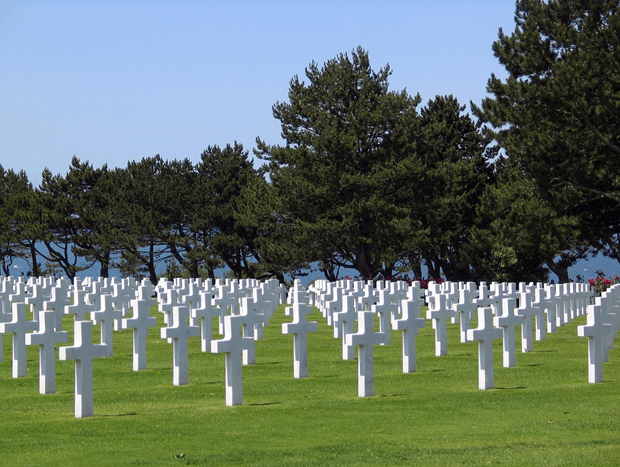
Arranging a person’s final resting place is a key priority when planning a funeral. Military members and veterans — and their families — have a lot more options than you might think.
Can a veteran only be buried in a National Cemetery?
Veterans and active duty military are free to be laid to rest in any cemetery of their choosing, not just a military-specific place. However, there are 135 National Cemeteries in the United States, the oldest of which was established in 1862. Veterans who were discharged in any way but dishonorable, active duty military personnel, spouses and children can all find their final peace in one of these cemeteries.
Burial in a National Cemetery requires specific documentation regarding the deceased’s discharge, branch and service. When you fill out the paperwork you can express preference for one of 135 cemeteries, but there is no guarantee burial will take place in that specific location.
Can a veteran be cremated?
Cremation is an option for veterans, just as any other form of burial they choose. If a veteran selects this type of burial, family can choose for his or her urn to be interned in a National Cemetery. Family can also keep the ashes, have them scattered, have them buried in a private cemetery, or reside with a loved one. Learn more about cremations vs burials.
Can a veteran be buried in any other way?
Veterans can be buried in any way of their choice, so long as it is in concordance with state and federal laws. From cremation to donation to a scientific facility, a discharged or active military service member has every right to their preferred burial. But this can limit the amount of VA benefits they receive.
GET HELP WITH FUNERAL COSTS
Request military-specific arrangements
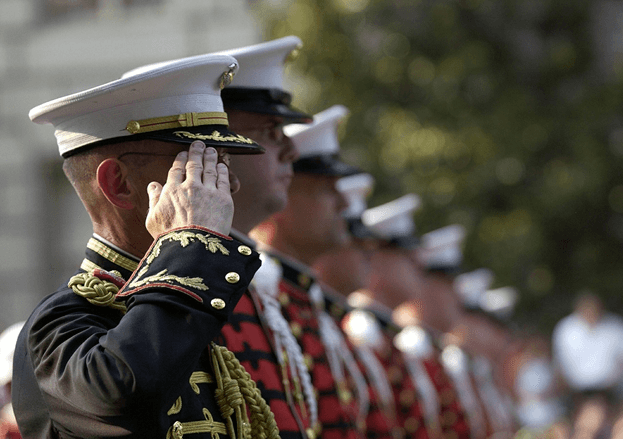
Have you ever noticed rifles being fired or Taps being played during a military funeral? When possible, the U.S. government provides several no-cost programs to help revere the life of a veteran such as a firing of three volleys in honor of the deceased and a final salute via Taps, played on a trumpet.
Honoring service men and women is a privilege to most funeral homes. That’s why many of them will handle arranging VA burial benefits when you start working with the director. However, it is still valuable to understand the specifics of burial benefits afforded to a veteran by the government because of his or her service such as:
- Opening and closing of the grave: Needed for both in-ground burial and above ground entombment, this government program can help with opening and closing a grave, which can cost roughly $1,200.
- Perpetual care: This government program is responsible for maintenance and upkeep of a veteran’s grave in perpetuity.
- Government headstone or marker: Regardless of the cemetery or burial location, this government program provides a grave marker regardless of of the veteran’s date of death.
- Burial flag: This program provides an American flag for use during the funeral service, which is then passed on to the next-of-kin as a keepsake.
- Presidential Memorial Certificate: An engraved piece of parchment recognizing and thanking a veteran for his or her service.
As with veterans wishing to be buried in a National Cemetery, these benefits are only available to active service men and women or those discharged other than dishonorably.
Manage funeral costs
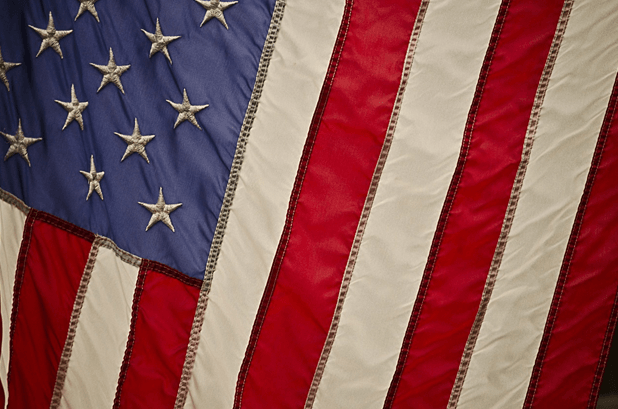
Did you know that the average funeral in the United States can cost up to $9,000 or more? The VA provides some funding for the cost of a funeral, but in most cases the benefit won’t cover all costs. This is why it is crucial to have this conversation with your loved ones early on. Saving up for a funeral allows you to eliminate a financial burden on your family while also giving you a voice in securing your final arrangements.
The family of a veteran may receive:
- Up to $2,000 in burial benefits for service-related deaths that occurred on or after September 11, 2001.
- Up to $1,500 in burial benefits for service-related deaths that occurred before September 11, 2001.
- Reimbursement of some or all costs of transportation to a VA National Cemetery.
- $255 from government benefits.
- $700-$1,400 from the VA if the veteran passed away in a VA hospital.
- $300 for burial and funeral expenses for a veteran who did not pass away in a VA hospital.
- $300 for a plot allotment for a veteran choosing a burial in a private cemetery.
To find out if you or a loved one qualify for any of these funeral and burial reimbursements, you will need to reach out to the U.S. Department of Veterans Affairs. Understanding and accessing your VA offerings is key to getting burial allowances and benefits for veterans.
Additional Resources:
- Guide to Final Expense Insurance
- Guide to Funeral Insurance
- Guide to Burial Insurance for Seniors
Access VA benefits
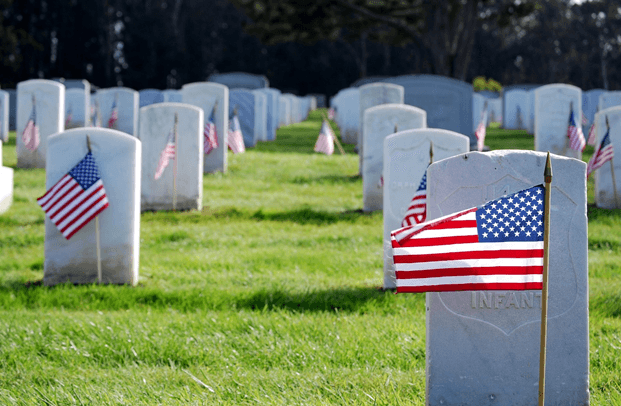
When a loved one who served in the military passes away, the VA will not come graciously knocking to inform you of your benefits. This is research you will have to conduct on your own. Those burial benefits are out there, but the responsibility falls to those making the arrangements, not on the VA. Make sure you understand and access your benefits by:
- Talking with the funeral home director to begin arranging burial benefits from the VA.
- Planning ahead of time to record you or a loved one’s wishes about military honors.
- Recognizing that the VA doesn’t pay for funeral arrangements in full. Knowing your budget can help you plan a noteworthy service.
- Submitting a written application for burial benefits.
- Knowing that not all benefits are available in certain areas, even if the veteran is eligible for them.
You will need to submit your loved one’s military service records in order access their benefits. VA burial benefits can be helpful, and they often bring closure to family members in great need of comfort and care.
A death in the family can rock loved ones, often resulting in more questions than answers. Understanding what is available through the VA can help you understand your budget for the funeral, along with the finances you have available for the rest of your life. You can help lay your beloved veteran to rest in a way that is respectful of their heritage and beliefs, honoring their commitment to their country and celebrating their love and sacrifice for their family.



